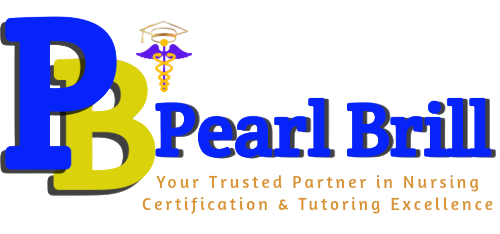Barriers to Implementing Evidence-Based Practices (EBPs) and Developing a PICOT Question
Introduction
Two core elements in healthcare are quality and safety. These are achieved through conducting vast research and developing effective management strategies for a healthcare condition. Nurses must show competence in using the research insights to address healthcare issues. However, several barriers impair the development and implementation of an EBP in nursing.
Barriers to EBP Implementation
The primary challenges in implementing EBP are the low acceptance of the new approach by the healthcare providers, high cost of implementation, time issues, and limited support from the organizational management. As espoused by Majid et al. (2011), these barriers are the limitations to the pace in implementing the EBPs. Also, there are barriers to change, reflected in fear of losing jobs and poor collaboration between nurses and physicians.
Overcoming the Barriers
Addressing the barriers to EBP implementation is achieved through developing a profound plan. It is also important for healthcare providers to use change management strategies, including Lewin and Kotter. These are central in ensuring a structured process in implementing the EBPs and addressing the possible resistance to change. Further, the organization must adopt a culture of implementing EBP. The time barrier issue is addressed through adequate planning and consideration of all the risk and impeding factors.
Developing a PICOT Question
The PICOT question that follows involves obesity management. Notably, there are several management strategies for obesity and overweight. These include pharmacological and non-pharmacological. The PICOT question therefore reads; For patients aged 18-25 with obesity (P), how does bariatric surgery (I) compare with lifestyle modification, including diet and exercises (C) in reducing weight and healthcare complications (O) within six months (T). This PICOT question compares two interventions in managing obesity and overweight. These are surgery and lifestyle modification.
References
Majid, S., Foo, S., Luyt, B., Zhang, X., Theng, Y. L., Chang, Y. K., & Mokhtar, I. A. (2011). Adopting evidence-based practice in clinical decision making: nurses' perceptions, knowledge, and barriers. Journal of the Medical Library Association: JMLA, 99(3), 229.
Evaluating the Importance and Barriers of EBP in BSN-Prepared RN Practice

Contact us
Your Trusted Partner in Nursing Certification & Tutoring Excellence
- Phone: +1 689 2477728
- Email: pealbrill.pb@gmail.com
